In recent developments, the Central Bank of Nigeria has injected an additional $500 million into the economy to address lingering foreign exchange (FX) liabilities across various sectors.
Despite these efforts, the naira’s decline against the U.S. Dollar persists, raising concerns in both the official and parallel markets. This article delves into the impact of the Central Bank’s intervention, the challenges facing the naira, and the intriguing move by the Dangote Refinery to import crude oil from the United States.
Central Bank’s FX Moves
The Central Bank’s announcement of the $500 million injection is aimed at tackling the FX liabilities that have been accumulating. This move is commendable, considering the persistent depreciation of the naira.
However, the naira’s woes continue as it hovers around 1,460 against the U.S. Dollar in the parallel market. On the autonomous Foreign Exchange Market, it’s even lower at 1,348 naira per dollar.
Challenges and Analogy
Arise business analyst Chika Mbonu, in a recent interview, applauded the Central Bank’s efforts in clearing the FX backlog, estimated to be between $6 to $7 billion. He draws an analogy to a car’s radiator system to illustrate the gradual impact of the Central Bank’s interventions.
Just like pouring a bottle of water into an overheated radiator, small injections of $2 billion and $500 million may not be sufficient to curb the naira’s decline. Mbonu explains that a significant influx of dollars, akin to a big bucket of water, is needed to stabilize the FX market and achieve lasting impact.
CBN’s Market Intervention and Challenges
Despite the commendable efforts by the Central Bank, questions arise as to why the market still experiences depreciation. Mbonu links this to the Central Bank’s press release regarding infractions in the market and penalties for banks not disclosing accurate information.
The second-check syndrome, where banks must align transactions with both CBN rates and the free market rate, further complicates the FX landscape. Mbonu argues that the market is not entirely free as suggested by the CBN, as businesses set prices based on the prevailing market rates rather than official rates.
Dangote Refinery’s Strategy
Shifting focus to the oil and gas sector, there’s a notable development at the Dangote Refinery. The refinery, a significant player in Nigeria’s energy sector, is gearing up to import crude oil from the United States in the coming months.
Chika Mbonu, the Arise business analyst, sheds light on this move. He emphasizes the necessity for the Dangote Refinery to secure a consistent supply of crude to sustain operations. The refinery, designed to handle various crude types, is strategically turning to the flourishing American market for its crude oil needs.
Supply Risk Mitigation
Mbonu explains that the move to import crude from the U.S. aligns with the need to hedge against supply risks. The Dangote Refinery, with its vast machinery, cannot afford to face disruptions.
Once the refinery starts operating, a continuous and reliable supply of crude becomes imperative. The refinery’s flexibility to process different crude types allows it to adapt to market conditions and ensure seamless production.
Price Dynamics and Consumer Expectations
Mbonu addresses a common misconception among consumers: the expectation of an immediate drop in petrol prices. He clarifies that, even with the Dangote Refinery sourcing crude from international markets, consumers should not anticipate an immediate reduction in petrol prices.
The refinery has to recover costs, including the international price of crude, before considering any adjustments to the pump prices. This insight helps consumers understand the intricacies of the energy market and manage their expectations accordingly.
Conclusion
In conclusion, the Central Bank’s $500 million injection is a step towards addressing FX liabilities, but sustained efforts are required for a significant impact. The analogy of the overheated car radiator emphasizes the need for substantial interventions to stabilize the FX market.
Additionally, the Dangote Refinery’s move to import crude from the U.S. showcases the industry’s adaptability to global market dynamics. As Nigeria navigates these economic challenges, understanding the complexities and interconnections is crucial for informed analysis and policymaking.














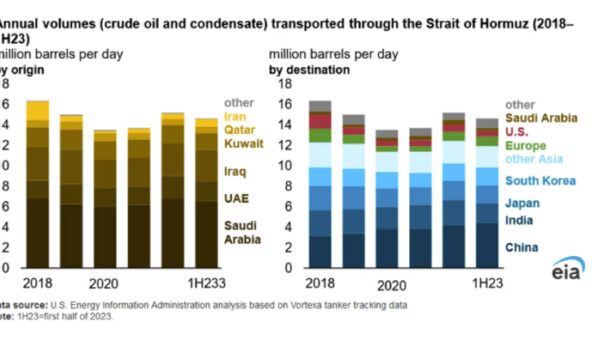
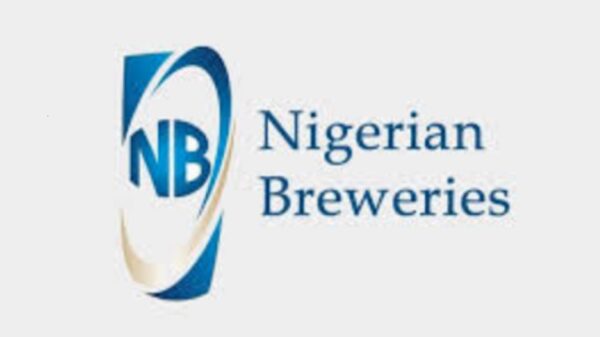





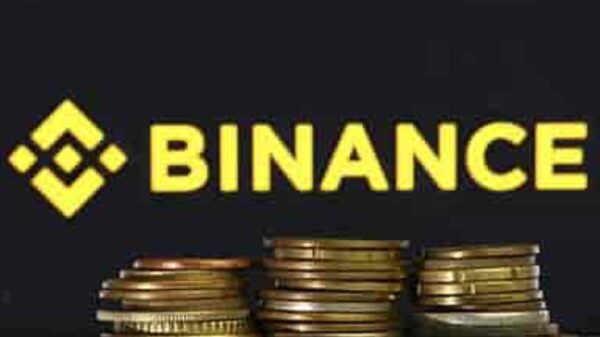































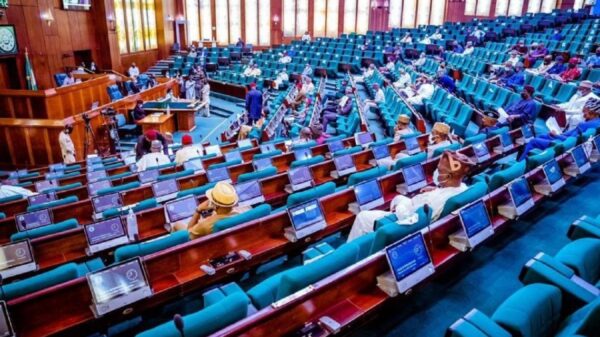
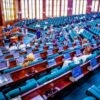

You must be logged in to post a comment Login